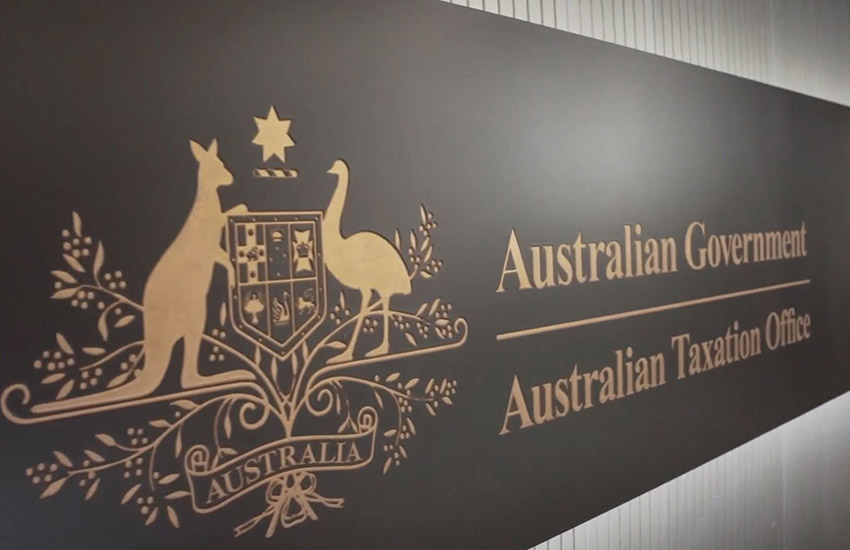ATO’s ‘well-meaning’ JobKeeper GST guidance backfires
TaxThe ATO’s guidance over the use of a cash or accruals approach to calculating turnover in relation to the JobKeeper scheme has now been revised.

In an update on Wednesday, the ATO now notes that if a business chooses to use a different GST accounting method from the one it normally uses, the Tax Office may reach out to understand why it has done so.
“If you normally account for GST on an accruals basis, but seek to calculate on a cash basis (or vice versa), we may seek to understand your circumstances to ensure that the calculation achieves an appropriate reflection of your turnover,” the ATO said.
“Importantly, whichever basis you use must be used consistently in comparing the month or quarter in 2020 with the comparison month or quarter in 2019.”
The latest update builds upon the ATO’s previous guidance which noted that businesses would be able to calculate both the current and projected GST turnovers on a cash or accruals basis.
‘Caused more problems than it has solved’
The use of a cash or accruals approach has been a confusing issue for a number of practitioners, but Tax & Super Australia senior tax counsel John Jeffreys believes it is important to revisit the JobKeeper rules and the GST Act to understand what is being asked for.
“The rules have chosen two GST concepts in the decline in turnover test: one is the projected GST turnover which is your projection for a period in this current year 2020, and the current GST turnover which is referring to the corresponding period in 2019,” said Mr Jeffreys on Accountants Daily Insider.
“These are two defined terms in the GST law and they refer to when supplies are made and the value of the supplies when they are made. Those rules don’t actually have any reference to whether you are on a cash or accruals basis.”
However, the ATO has applied a concessionary approach to allow for a cash or accruals basis, a move that Nexia national tax director David Montani believes has caused confusion for advisers and their clients alike.
“The drafters of the legislation chose the GST turnover concept because you can’t manipulate it,” Mr Montani said.
“The average person or small-business owner is going to have a tough time understanding the GST turnover concept, which is why I think that’s why the ATO allowed a cash or accruals basis of measuring turnover.
“Part of the reason for that is the GST turnover concept doesn’t appear anywhere. It is not necessarily the figure you put in G1 on your BAS, it is not necessarily what you see in your revenue figure in your monthly or quarterly profit and loss. It could be the same, but in a lot of cases, it is actually not.
“It was a well-meaning attempt to make it easier for people, but it has caused more problems than it has solved.”
Mr Montani said the ATO’s latest guidance update comes as it looks to prevent businesses using a cash or accruals basis to skew outcomes.
“It is clearly intended to curtail the situation of businesses qualifying for JobKeeper because of a timing anomaly on either receiving cash or when they choose to issue invoices when really they have not suffered a decline in turnover,” Mr Montani said.
“You can imagine how many businesses would say, ‘Let’s just delay a whole lot of invoices in April and issue them on 1 May and presto, we’ve got a 30 per cent decline in turnover’, but it doesn't work like that.
“GST turnover is the value of supplies and when you invoice those supplies is irrelevant, and when you’re paid for those supplies is irrelevant.
“I can see the ATO constantly revising their wording to catch up on all of that, but it all came about because administratively they made an allowance that wasn’t permitted under the law in the first place and it has kind of spiralled out of control.
“The ATO has done a very good job, they’ve had a lot of things to deal with in a short space of time, and this was well-meaning, but it has caused issues.”
You can view the ATO’s updated guidance here.




